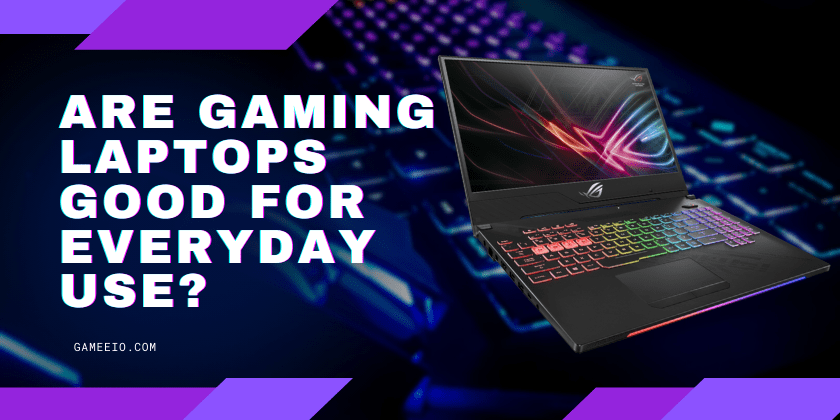In this blog article I’ll let you know Is 90C Safe for CPU While Gaming? There is a lot of debate online about how safe using the 90c is for your CPU. As with everything there are pros and cons to both sides of the debate that we will be looking at.
This blog will look at the arguments for using the 90c as well as the arguments against it. After reading this blog, you will have a better understanding of how safe it is to use 90c as well as when you should be using it and when you shouldn’t.
Is 90C Safe for CPU While Gaming?
The most important component of any system is the processor. No matter which GPU you use and how good it is, it will be a waste if the processor is not good enough. The processor and the GPU need to work in sync, and while most of the time this works out fine, there are times when there is a bottleneck and the performance goes down. So Now I’ll talk about whether is 90C safe for the CPU while gaming?
1. How does a CPU work?
Your computer’s Central Processing Unit (CPU) is responsible for controlling all the operations of your system. Whether you’re browsing the web, checking your email, or playing a game, the CPU is hard at work. So what exactly does a CPU do?
The main thing is 90C safe for CPU while gaming? To start, let’s take a look at how a CPU is organized. A CPU has four main areas: the arithmetic logic unit (ALU), the control unit (CU), the register file, and the cache. The ALU is where most of the mathematical calculations occur, while the CU controls all of the operations of the CPU. The register file stores data that are being processed by the ALU, and the cache stores frequently used data so that it can be accessed quickly.
2. The importance of temperature in CPU
The thing is 90C safe for CPU while gaming? Most people wouldn’t think that the temperature of their CPU (central processing unit) would matter. But it does, and here’s why:
Your CPU is essentially a small, self-contained computer that runs the software on your device. It handles all the basic operations, like checking email, browsing the web, or streaming music. The faster it can do these things, the better your experience will be.
But a fast CPU isn’t much good if it’s overheating and slowing down. That’s why it’s important to keep an eye on your CPU temperature and take steps to cool it off if necessary. One way to do this is by using a laptop cooling pad. These pads work by increasing airflow around your laptop, which helps keep its internal components cool.
Also Read: Does CPU Matter for Gaming?
3. How does 90c affect the CPU?
The main Question is 90C safe for CPU while gaming? The central processing unit (CPU) is a fundamental part of every computer system. The CPU carries out the instructions of a program and controls the flow of data through the system. The performance of a CPU is determined by many factors, including its clock speed, the number of cores it has, and the size of its cache. In this article, we will look at how Intel’s 90c instruction set affects the performance of CPUs.
4. Why 90c is safe for CPU while gaming?
CPUs are getting faster and more powerful all the time. This is great for general computing tasks, but it also means that they can generate a lot of heat. As a result, most CPUs come with a thermal limit that, if exceeded, will cause them to slow down or shut down altogether in order to protect the chip. This can be a problem when gaming, as games tend to generate more heat than other applications.
However, there is no need to worry about your CPU overheating while gaming. Recent tests have shown that even under heavy load, CPUs can safely run at up to 90 degrees Celsius without any negative consequences. So if your CPU is getting too hot while gaming, don’t be afraid to crank up the fan speed or invest in a good cooling system.
5. Tips on keeping your CPU cool while gaming
Tips on whether is 90C safe for CPU while gaming? Gaming can be a fun and exhilarating experience, but it also puts a lot of stress on your computer’s CPU. Here are some tips on how to keep your CPU cool while gaming.
One thing you can do is make sure that you have good airflow in your case. If your case has poor airflow, it will make your CPU work harder to stay cool, which can lead to overheating. Make sure that you have enough fans in your case, and that they are all working properly.
You can also try to reduce the load on your CPU by lowering the graphics settings in your game. If you don’t need all of the eye candy, turn it off. You can also try running the game in windowed mode instead of fullscreen mode.
Conclusion:
In conclusion, is 90C safe for CPU while gaming? while there is no definitive answer to the question of whether or not is 90C safe for CPU while gaming, it seems that most gamers believe that it is. Some people do report that they have had issues with their CPUs reaching or exceeding 90c while gaming, but it is generally agreed that this temperature is not cause for alarm.
If you are concerned about the safety of your CPU, you can always lower your graphics settings to ensure that your CPU does not exceed 80c. It’s not recommended that you keep your processor running at 90c for an extended period of time because it will shorten the lifespan of your processor. So I hope you got the information about whether is 90C safe for CPU while gaming.
FAQs
Is 90 C too hot for a CPU?
CPUs can easily run at 90°C, especially under heavy loads. The only concern is if it used to be cooler under the same load, which you didn’t mention.
Is 90C safe for CPU under load?
Any modern processor (AMD or Intel) will not suffer crack from running at 90c. It may lessen the chip by a couple of years but it will still work and run perfectly normally at those temps for at least 5+ years with no negative side-effects.







